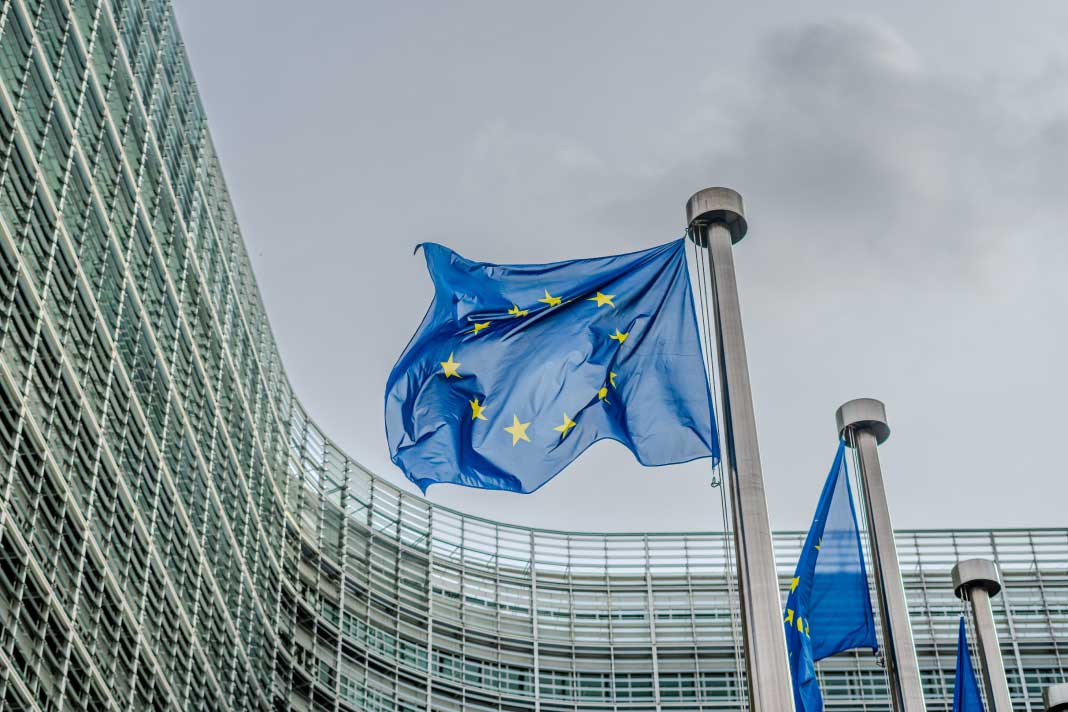EU regulators are considering whether AWS and Azure should be designated as “gatekeepers” under the DMA, a move that could significantly reshape the power dynamics, competition, and compliance landscape in the cloud sector.
European regulators opened the door on Tuesday to placing the cloud computing empires of Amazon and Microsoft under the bloc’s strictest digital competition rules, a move that would significantly expand the scope of the European Union’s landmark crackdown on Big Tech.
The European Commission, the bloc’s executive arm, announced it is formally assessing whether Amazon Web Services (AWS) and Microsoft Azure should be classified as “gatekeepers” under the Digital Markets Act (DMA).
The DMA is a sweeping regulatory framework designed to curb the market power of the world’s largest technology companies. It imposes a rigid list of obligations and prohibitions—backed by the threat of hefty financial penalties—intended to foster competition.
Also Read: Is AI Driving the Fierce Cloud Wars of 2025?
Defining the ‘Gatekeeper’
While regulators have already applied the “gatekeeper” label to consumer-facing divisions of these companies, such as Amazon Marketplace and Microsoft’s LinkedIn, the cloud infrastructure sector has so far largely escaped the dragnet.
Specific quantitative thresholds regarding user numbers and capitalization typically trigger the designation. Applying these metrics to cloud computing—a largely business-to-business industry—has proven complex. However, the Commission stated Tuesday that it will investigate whether AWS and Azure “act as important gateways between businesses and consumers,” even if they do not strictly meet the standard user thresholds.
Preliminary market research, the Commission noted, indicates that these providers hold “very strong positions” in the digital ecosystem.
The Backbone of the Internet
The inquiry highlights the immense, often invisible influence of cloud computing. These services allow companies to access massive computing power and storage remotely, eliminating the need for physical servers. Today, they form the backbone of the modern internet, powering everything from streaming services and financial systems to the burgeoning field of artificial intelligence.
The systemic risk posed by this concentration of power was illustrated last month when an outage at Amazon Web Services disrupted internet usage for hours, halting operations for thousands of businesses.
Also Read: Edition 3: Tech Leaders Turning Complexity into Clarity
Industry Pushback
Both companies argued that the European cloud market remains healthy and competitive.
In a statement, Amazon Web Services expressed confidence that the Commission’s review would rule in its favor.
“The cloud computing sector is extremely dynamic, with companies enjoying lots of choice, unprecedented innovation opportunities, and low costs,” the company said. It warned that designating cloud providers as gatekeepers “isn’t worth the risks of stifling invention or raising costs for European companies.”
Microsoft, while maintaining that the sector is “innovative and highly competitive,” adopted a cooperative stance, stating, “We stand ready to contribute to the European Commission’s market inquiry.”



